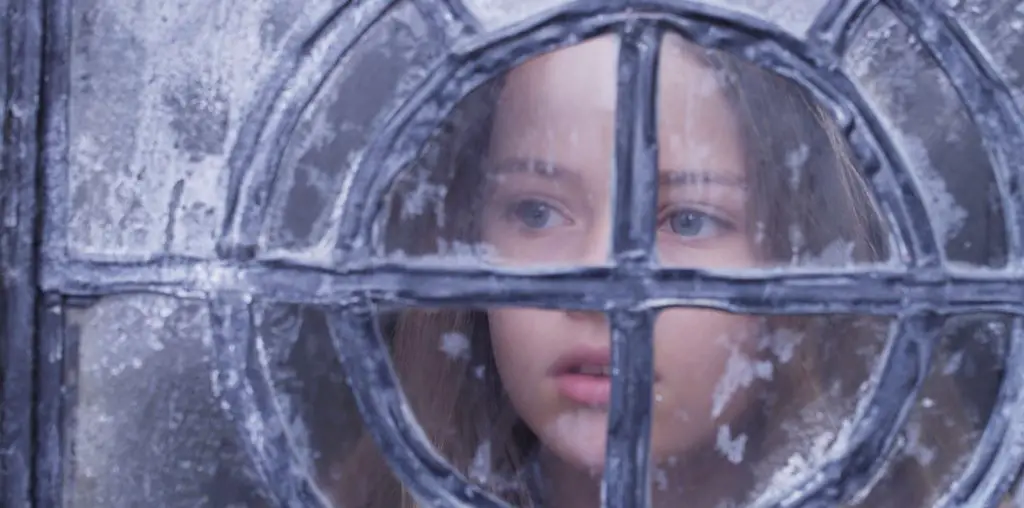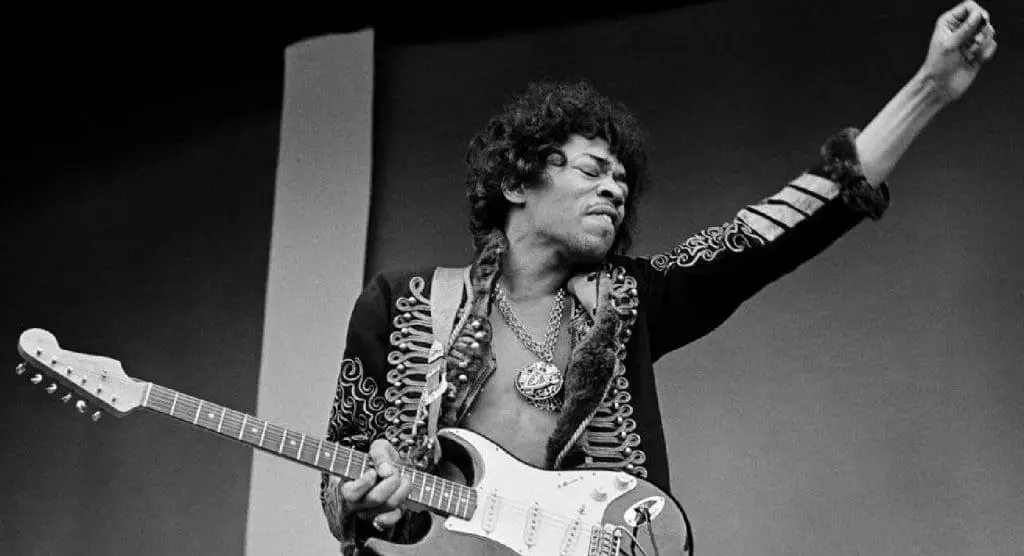
Arbuckle’s comic planning and gift for the absurd was the case of considerable inspiration and occasional cinematic larceny. “The Arbuckle short ‘Back Stage’ has a primitive version of Keaton’s famous falling house gag, and ‘The Rough House’ has Arbuckle doing the dancing dinner roll routine that Chaplin would later steal for ‘The Gold Rush,'” observes Wood.
However, one aspect of Arbuckle’s work which few comedy stars would ever borrow was his generosity. In the ten shorts compiled for the series, it is astonishing to see the star Arbuckle cede considerable slices of screen time to Keaton as well as Al St. John (Arbuckle’s wiry nephew, who usually essayed the villain roles for the films), with Arbuckle nowhere to be seen.
What inspired Arbuckle to allow his supporting players to get more than their fare share of the laughs? “I don’t know why Arbuckle chose to do this but it was clearly a wise decision,” states Wood. “These quickly-made shorts were not tightly scripted and were reliant upon on-the-spot improvisation to inject laughs to the wafer-thin plotlines. Surrounding himself with hungry, clever artists on the rise, Arbuckle didn’t have to worry about his material growing stale. Something new was always happening. Keaton and Al St. John were struggling to establish themselves as comedians in their own right and this energized the films tremendously. This earned him the loyalty of his co-stars. Until his death, Keaton was a staunch defender of Arbuckle and frequently credited him for making his career possible.”
If there is a downside to viewing the Arbuckle-Keaton films today, it is the erratic visual quality of the surviving prints. “I’ll admit the quality of ‘Moonshine’ (taken from a dupey 16mm negative) was terrible, but there seems to be nothing better out there,” explains Bret Wood of Kino on Video. “While working on this project, the first question asked by two different archivists was “Did you find a good print of ‘Moonshine'” All the other films came from 35mm material, ranging from crisp and clear (‘Back Stage’) to the weather-beaten (‘The Rough House’). Most of the legwork in assembling this series was done decades ago by the late Raymond Rohauer, a legendary film archivist who became Keaton’s champion in the ’50s, his business partner in the ’60s and for 30 years tracked down Arbuckle prints from around the world. We licensed the titles through the Douris Corp. (which manages Rohauer’s estate) and were allowed to sort through all the varied elements that had been amassed, trying to find the earliest generation print or negative. We used elements he had wheedled out of archives in France, Czechoslovakia and the UK, as well as collectors from all over the world. In several cases we re-translated the title cards, and in all cases cleaned up the prints to the best of our abilities.”
Three films starring Arbuckle and Keaton are still considered lost: “A Reckless Romeo” (1917), “A Country Hero” (1917) and “The Cook” (1918). A fourth film, “Oh Doctor!” (1917), was considered lost but has since been recovered but was contractually obligated to another Kino video series.
Had Arbuckle’s career not been derailed, where would he have gone? Bret Wood believes the funnyman had already reached his peak before calamity struck. “From what I’ve seen of Arbuckle’s work, he would have had a solid career throughout the silent era but, like so many of his peers, would not have easily made the transition to sound (which was often not their fault but due to philosophical and corporate changes in the industry),” says Wood. “Harold Lloyd, Harry Langdon, Chester Conklin, Mack Swain, Keaton, all of those guys’ careers suffered in the sound era. Personally, I don’t think Arbuckle’s comedy had the timeless quality of Keaton and Chaplin. By the time Arbuckle’s career ended, he had found his persona and pretty much settled into it. He was a talented producer/director/writer/actor. His films exemplify Grade “A” slapstick. But were they transcendent? Not really.”
While the game of “what if?” inevitably baffles, the rare opportunity to see the work of the long-maligned Arbuckle is a splendid gift to comedy lovers. “What we hoped to accomplish was to offer a fresh look at Arbuckle’s comedy without rehashing the Virginia Rappe scandal,” says Wood. “Everyone knows the details of that portion of Arbuckle’s life… but how many people have actually seen one of his films? So, it was important to give him his moment of glory, without the taint of scandal attached.”
More information about how to obtain Fatty Arbuckle’s films on video and DVD can be found on the official Kino web site.
Check out FILMTHREAT.com’s FEATURE ARCHIVES and read more insightful stories, expert analysis, gut-busting satire and caustic commentary!

